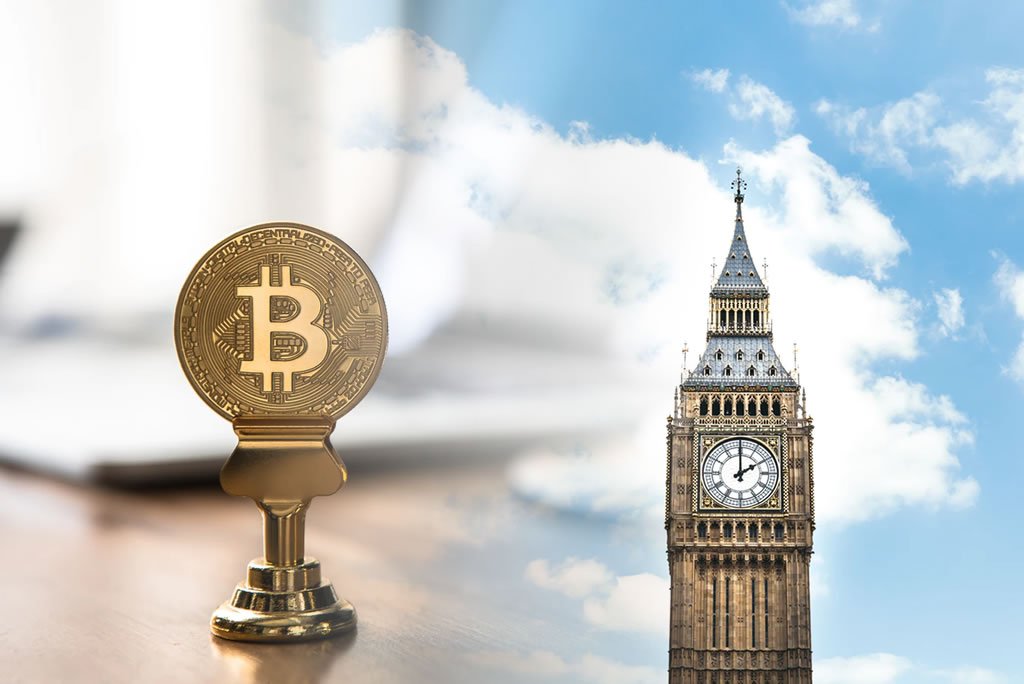The arrival of digital currencies has caused profound transformations in the economic market. As happened with the irruption of the Internet in the 90's, the beginning of transactions with cryptocurrencies have taken place without major regulations and without having a concrete assessment of the direction that this monetary system based on digital exchange will take.
So far, only the United States, Luxembourg and Japan have established regulations for the use of cryptocurrency in order to guarantee the security of users in the process and the transparency of financial actions. Japan has been the country with the most specific legal regulations and greater controls in this regard, while the North American nation has been more lax in the application of these measures.
Just recently, specifically on March 22, 2018, the United Kingdom signed up to the list of these countries with the ability to regulate the processes of the digital currency system. In an official statement, the Financial Conduct Authority (FCA) expressed its intention to regulate the activity concerning the use of digital currencies, together with the Bank of England (BOE).
The popularity of digital currencies and associated speculative risks The volatile price of cryptocurrencies drew particular attention to the task of regulating this nascent financial system. The volatile price of cryptocurrencies drew particular attention to take action.
Regulating cryptocurrencies: the actions of the United Kingdom
Before communicating the development of a legal regulation, the FCA released the tests. of innovative fintech technologies. With these measures, the UK authorities are committed in some way to facilitating the growth of technological tools involved in the financial process.
In the statement, UK Chancellor of the Exchequer Philip Hammond said. that the task is in charge of a specialized work team in charge of creating industry standards to support the system, taking into account the risks surrounding cryptoassets and the advantages of taking advantage of their potential.
The regulatory review will take place at the end of 2018. Also included in this plan is the review of blockchain in its use as a technology to increase the security levels of financial operators in the face of cybersecurity breaches in the financial process.
About Bitcoin
After its first appearance in 1998 by the Japanese engineer, Wei Dai, It was not until 10 years later when a group of people under the pseudonym "Satoshi Nakamoto" took up the proposal and perfected it to design the first open source Bitcoin protocol, which also gives its name to the first known cryptocurrency in the world.
The purpose of Bitcoin is to employ a value exchange system based on an electronic currency, without the intervention of government agencies. Basically, it is a currency that is not perceptible by human senses and is used to exchange goods and services exclusively through electronic channels. It also proposes an efficient, reliable and easily exchangeable monetary system that does not generate inflation, since the network itself is responsible for issuing Bitcoins in a decentralized manner, based on real demand.
Sources consulted:













